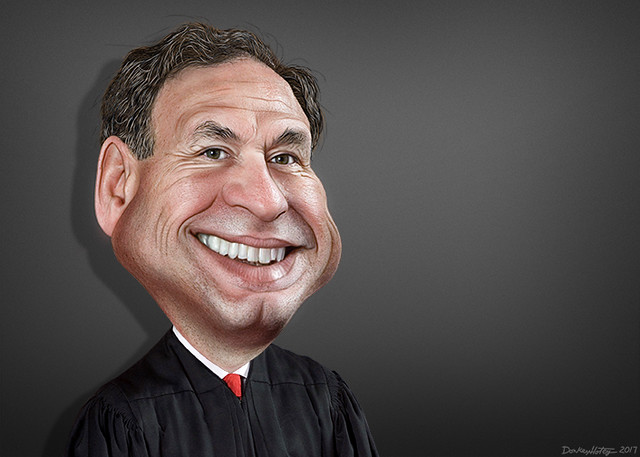
Supreme Court Justice Samuel Alito’s Refusal to Recuse Himself from January 6th Attack Cases
Introduction
On January 6, 2021, a violent attack was waged on the U.S. Capitol building, which resulted in five deaths. This attack has led to numerous investigations and court cases, and Supreme Court Justice Samuel Alito’s involvement in these cases has recently come under scrutiny. Alito has received calls to recuse himself from these cases due to the perception of bias related to actions undertaken by his wife. In response, Alito has sent two letters to Congress, stating that he will not recuse himself from these matters. This article will delve into the controversy surrounding Alito’s refusal and what it means for the Supreme Court’s ethics code and transparency.
The Controversy Surrounding Alito’s Refusal to Recuse Himself
The controversy surrounding Alito’s decision not to recuse himself stems from preexisting biases and ethical concerns. Alito’s wife, Martha-Ann Bomgardner, had reportedly signed a petition related to the election results just one day after the attack on the Capitol. This action raised concerns that Alito’s family may hold biases related to the events that took place, and that these biases could lead to a perception of bias in Alito’s decision-making process.
The Significance of Marth-Ann Bomgardner’s Actions
Martha-Ann Bomgardner’s signing of a petition related to the election results has raised concerns over whether Alito could deliver a fair judgment without being swayed by his family’s political beliefs. It should be noted, however, that Bomgardner’s actions do not necessarily mean that Alito would be biased in his judgment. Nevertheless, Alito’s decision not to recuse himself has led to wider questions surrounding the Supreme Court’s ethics code, internal processes, and transparency.
The Supreme Court’s Ethics Code
The Supreme Court has an ethics code that is intended to encourage transparency, impartiality, and accountability. However, critics argue that the code is not always enforced and that it creates loopholes that allow justices to decide for themselves if they should recuse themselves. Indeed, Justice Alito’s refusal to recuse himself from the January 6th attack cases has led to calls for the Supreme Court to establish a stronger ethics code that meets the public’s expectations of transparency and fairness.
The Need for an Enforceable Ethics Code
The Supreme Court’s ethics code was last updated in 2016, but critics argue that it needs to be revised to become more enforceable. The current code suggests that justices should recuse themselves only when the circumstances surrounding a particular case create “conflict of interest or other circumstances that might reasonably call into question the integrity of the Supreme Court’s judgment.” Critics argue that this language is too vague and does not provide clear guidelines for when a justice should recuse themselves, leaving too much power in the hands of individual justices. An enforceable ethics code is needed to provide clear guidelines and establish public trust in the Supreme Court.
The Way Forward
The controversy surrounding Justice Alito’s decision not to recuse himself from January 6th attack cases raises concerns regarding the transparency and ethics of the Supreme Court. The lack of an enforceable ethics code and internal ethics office undermines the public’s trust in the impartiality of the Court. Therefore, it is imperative that the Supreme Court revises its ethics code to clarify recusal standards and establish an internal ethics office to investigate possible conflicts of interest. By doing so, the Supreme Court can regain the public’s trust and reaffirm the notion that justice is blind.
Originally Post From https://campaignlegal.org/press-releases/clcs-kedric-payne-justice-alitos-refusal-recuse-himself-jan-6-related-cases
Read more about this topic at
Voter Views on Trump Trial, Blinken At NATO Meeting …
Justice Alito rejects recusal requests in Trump and Jan. 6 …

